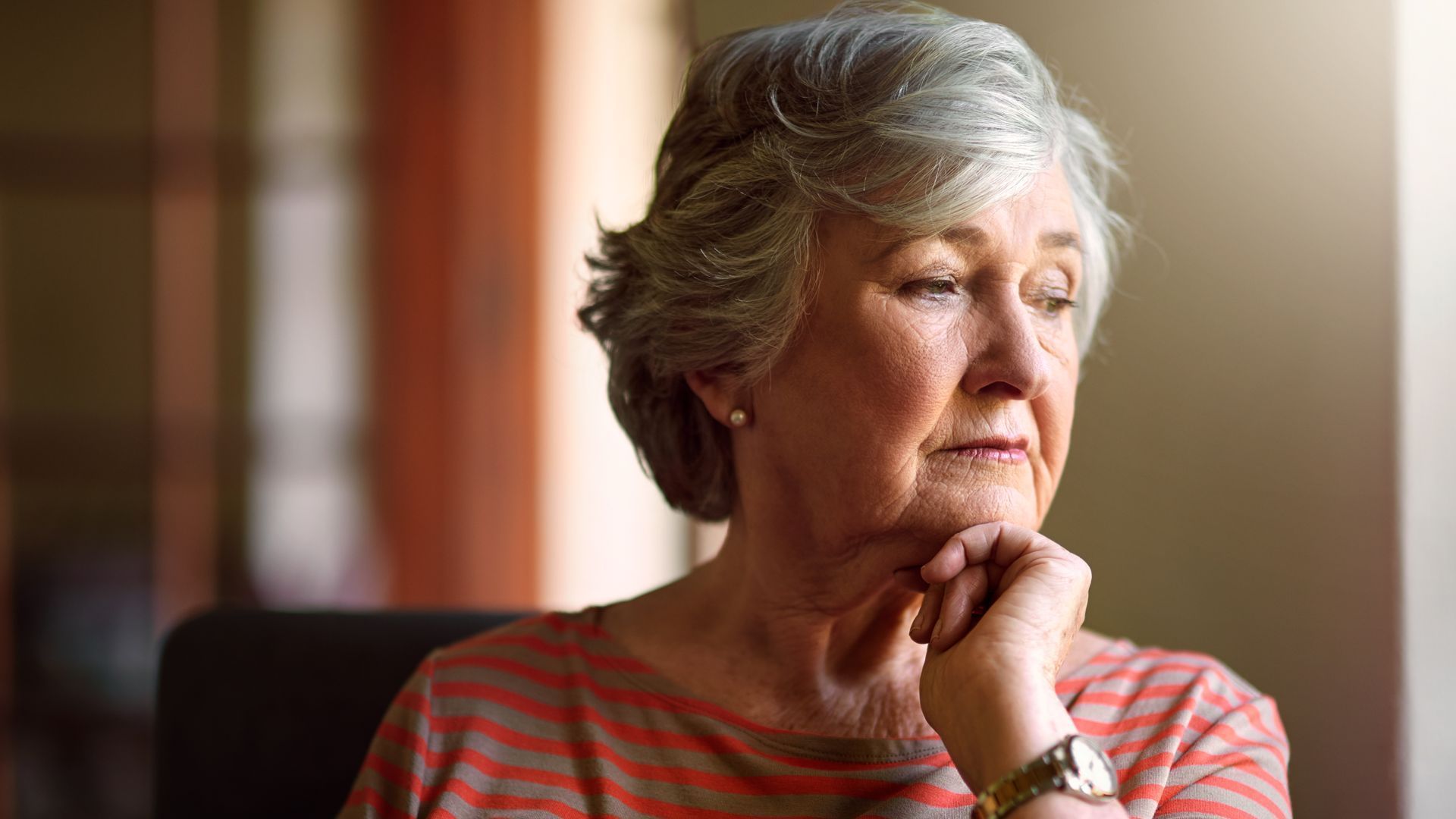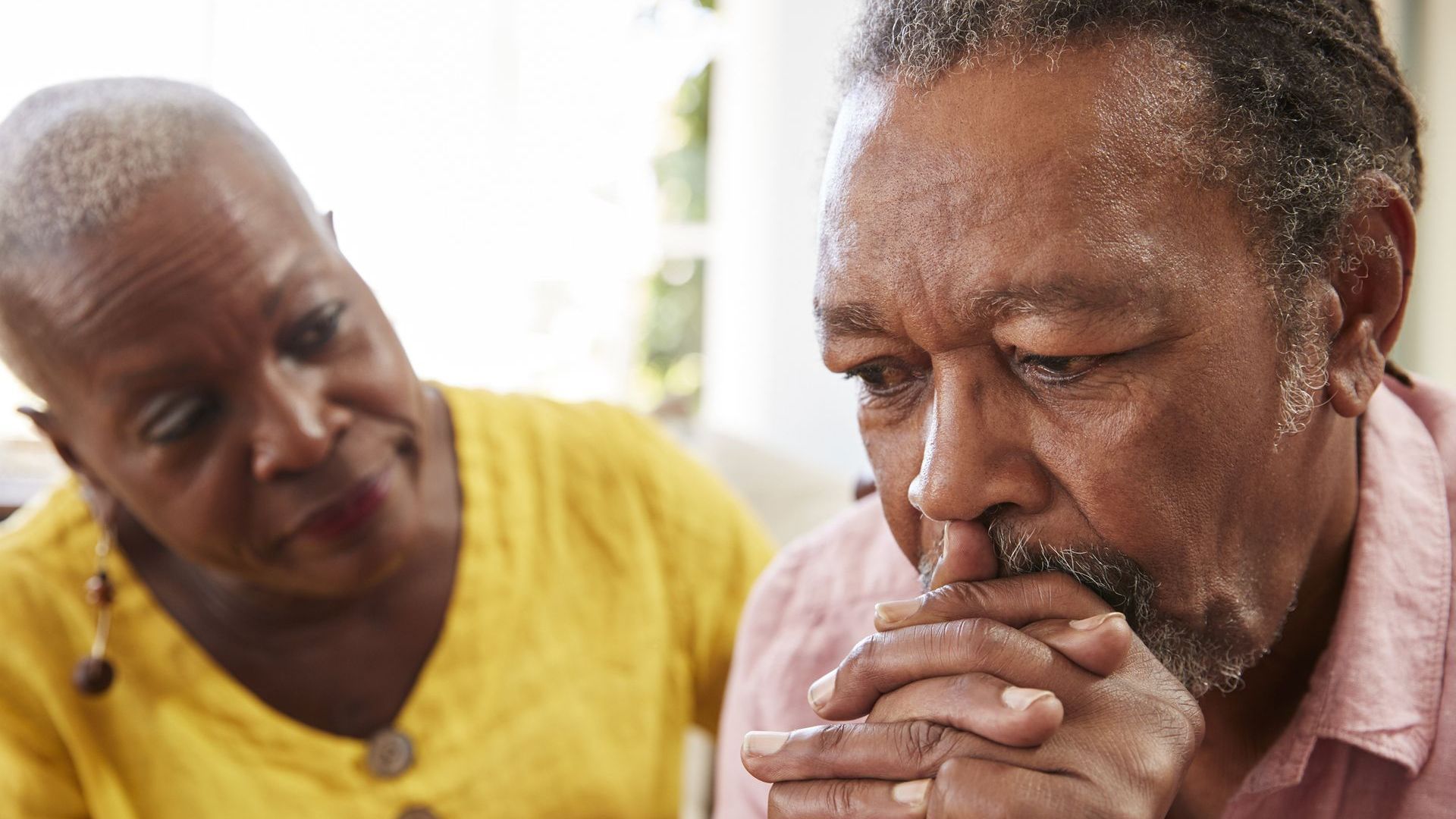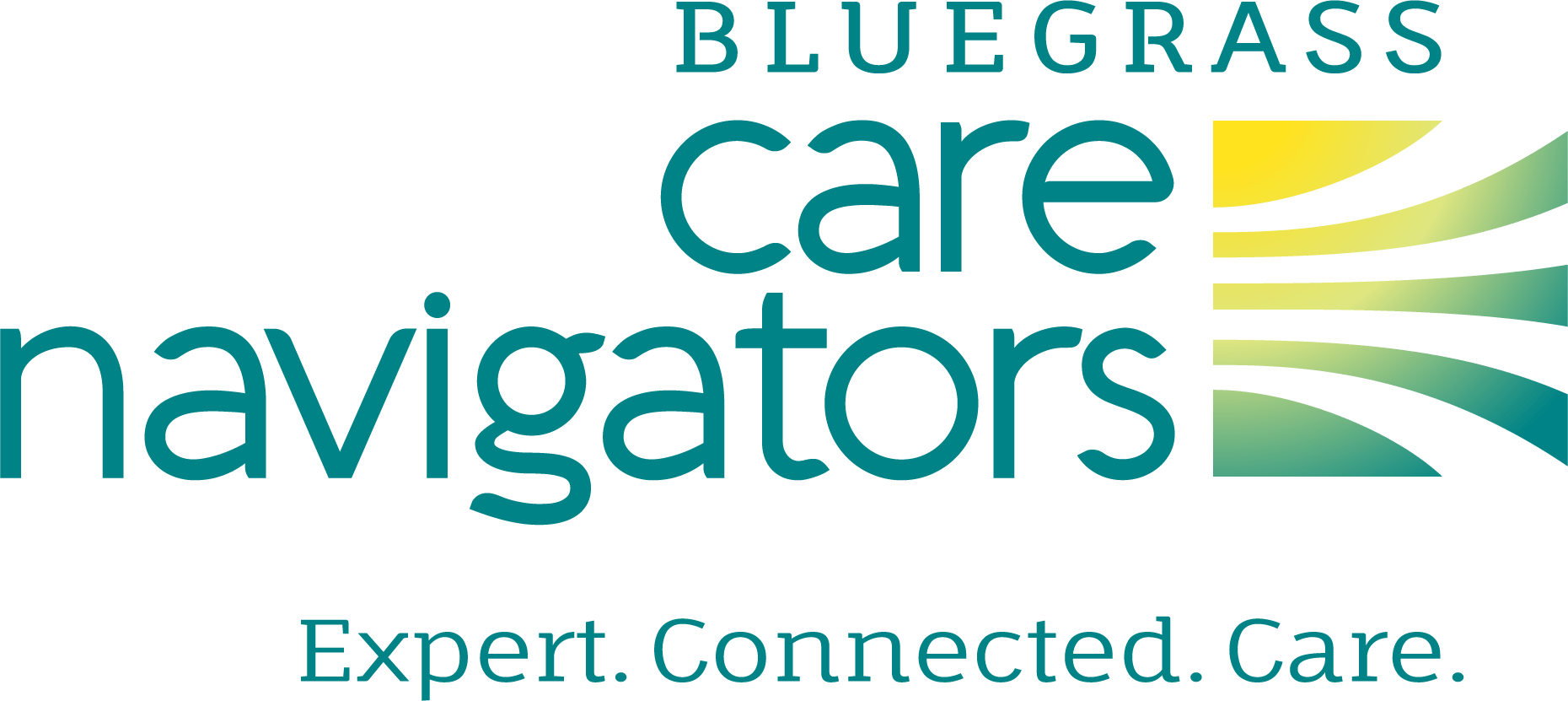Bluegrass Care Navigators puede ayudarlo a llever la carga que supone enfrentar desafíos de salud extremos y situaciones al final de la vida. Aliviamos el dolor y el estrés. Lo acompañamos a usted y sus seres queridos con sinceridad, respeto y un apoyo seguro para guiarlo en los momentos difíciles.
No está solo, estamos allí contiga su lado.
Bluegrass Care Navigators News

Build a memory box Use a cardboard box and decorate all the sides with markers or paint, drawing memories, messages or pictures in memory of your loved one. Place items like mementos of special times or add notes or drawings for your loved one. Have a balloon release ceremony Choose a special time, like your loved one’s birthday or anniversary for the ceremony. Pick a place like a park, beach, field or burial site, to release the balloons. Use helium-filled balloons and have family members write words of remembrance on them. You can talk about how loss and change are a natural part of life, play music or read verses as the balloons are released. Plant a tree or flowers Tending to a growing plant is a symbol of an ongoing relationship and provides many chances to grieve a loss. The life cycle can help you reflect on the memory of your loved one. Read a children's book about grief There are many age-specific children’s books that address grief. Books are a great way to help children open up and begin sharing feelings after a loss. Create memory pages Use fun scrapbooking paper and include Information about your loved one, such as their name, birthday, date of death, favorite food or activities, words to describe them, or things they enjoyed. Phrases like "I remember you when..." or ''I feel closer to you when..." can help provide inspiration. Draw with sidewalk chalk art Decorate your sidewalk or driveway with pictures or words honoring your loved one. Creativity is a great way to help express your feelings and emotions. Make a bracelet Use a variety of beads with different colors, shapes and letters. Pick out beads that represent a special memory or detail about your loved one. Decorate a jar or bottle Apply paint, decoupage or other materials to a jar or a bottle. You can write messages and place them inside the bottle. These messages can be something that you did not get a chance to say, something that you wish you had done or said differently, a favorite memory, or a life update. Alternatively, you may wish to place a small candle or light inside and use it at times you wish to remember your loved one. Utilize a journal You can use a journal to write about or draw special memories of your loved one. Add photos or mementos to make it feel special. Make a playlist Create a list of your loved one’s favorite songs. Listen to this when you want to think about them. Recreate a favorite recipe Prepare a meal or dessert that your loved one enjoyed or made frequently. While you are making it reminisce about memories associated with the food and favorites that you enjoyed together. Our grief care services are for anyone in the community who has experienced the loss of a loved one. Discover how our team can help you and your family by contacting us through our website or calling 855.492.0812 .

1. Reflect and remember Relive experiences in your thoughts. Allow the details and the emotions that come with them to be fully expressed. Explore memories as they come up. Trust that your system is bringing up these thoughts as part of your healing process. The repetition of painful memories helps flush out the strong emotions attached to them. 2. Share stories Talking about your loss provides a great deal of release. You may need to tell the same stories over and over as part of your healing. Support groups provide a place where you have the opportunity to be heard and can continue to talk about your grief in a supportive environment. 3. Write it down Keeping a journal is not for everyone, but it can be a powerful tool for healing. Writing about feelings and events can help you to identify emotions. Words help constructively channel these emotions and show a record of your progress. 4. Don’t be afraid to cry Tears can relieve a lot of pressure and tension. Learn to trust your body’s need to cry or not. Individuals grieve differently. Tears are not a sign of weakness and do not mean that your emotions are out of control. 5. Make space for your loss People commonly fall out of their routines after the loss of a loved one. Because of this, they may feel they have too much unstructured time in which to grieve. It is OK to take time to sit with a loss. Other days, you may feel the need to be as busy as possible. Make time to create quite moments to work through your feelings. Respecting your needs for healing and creating opportunities to grieve is important. 6. Take care of yourself Do your best to nourish your body and rest. Get outside and enjoy the fresh air. Exercise can release a surprising amount of tension, anger and frustration. It is important to make self-care a priority. Our grief care services are for anyone in the community who has experienced the loss of a loved one. Discover how our team can help you and your family by contacting us through our website or calling 855.492.0812 .

Everyone deals with grief, which can be painful at times. Most grieving people will experience some of the feelings outlined below. Ask yourself the following questions to help determine if you might benefit from grief services. Has your patience level changed? Are you always irritable? Are you always annoyed? Are you always intolerant? Are you always angry? Do you feel numbness or isolation? Are you experiencing an ongoing sense of numbness? Are you experiencing an ongoing sense of being isolated from yourself or from others? Do you feel alone with your grief? Do you usually feel that you have no one to talk to about what has happened? Are you anxious or fearful about death? Since your loved one died, are you highly anxious most of the time about your own death or the death of someone you love? Are these feelings beginning to interfere with your relationships, your ability to concentrate or your ability to live as you would like to live? Are you consumed by thoughts of your loved one or their death? Do you feel that you are always and continually preoccupied with memories or thoughts of your loved one? Do you feel that you are always and continually preoccupied with the death itself? Do you feel that you are always and continually preoccupied with certain aspects of the death even after several months? Do you feel restlessness or the need to stay busy? Do you usually feel restless or in “high gear?” Do you feel the need to be constantly busy beyond what is normal for you? Do you fear intimacy or closeness with others? Are you afraid of becoming close to new people in fear of losing them? Do you think being close with others will cause pain? Are your behaviors becoming harmful? Are you drinking more than you used to? Are you using more prescription or non-prescription drugs? Are you engaging in sexual activity that is unsafe or unwise? Are you driving in an unsafe or reckless manner? Are you considering serious thoughts of suicide? Do you feel overwhelmed with responsibility for surviving family and close friends? Are you feeling heavily burdened or like you are taking on too much? Are you angry or feel like the situation is suffocating? Are you resentful because you feel as though no one is there for you? Are you continually limiting your reactions and emotions? Are you experiencing only a few of the reactions or emotions that usually come with grief? Are you unable to express your thoughts or feelings about your loved one and their death through words and actions? Are you only remembering certain aspects of your loved one or your relationship together? Do you feel like you are going crazy? Are you wondering if what you are experiencing is normal? Do you feel stuck or unable to move on? A helping hand and a listening ear can be valuable while grieving. If any of these feelings continue for a prolonged period of time, or become extremely intense, you may benefit from additional help from a grief care professional. Our grief care services are for anyone in the community who has experienced the loss of a loved one. Discover how our team can help you and your family by contacting us through our website or calling 855.492.0812 .








